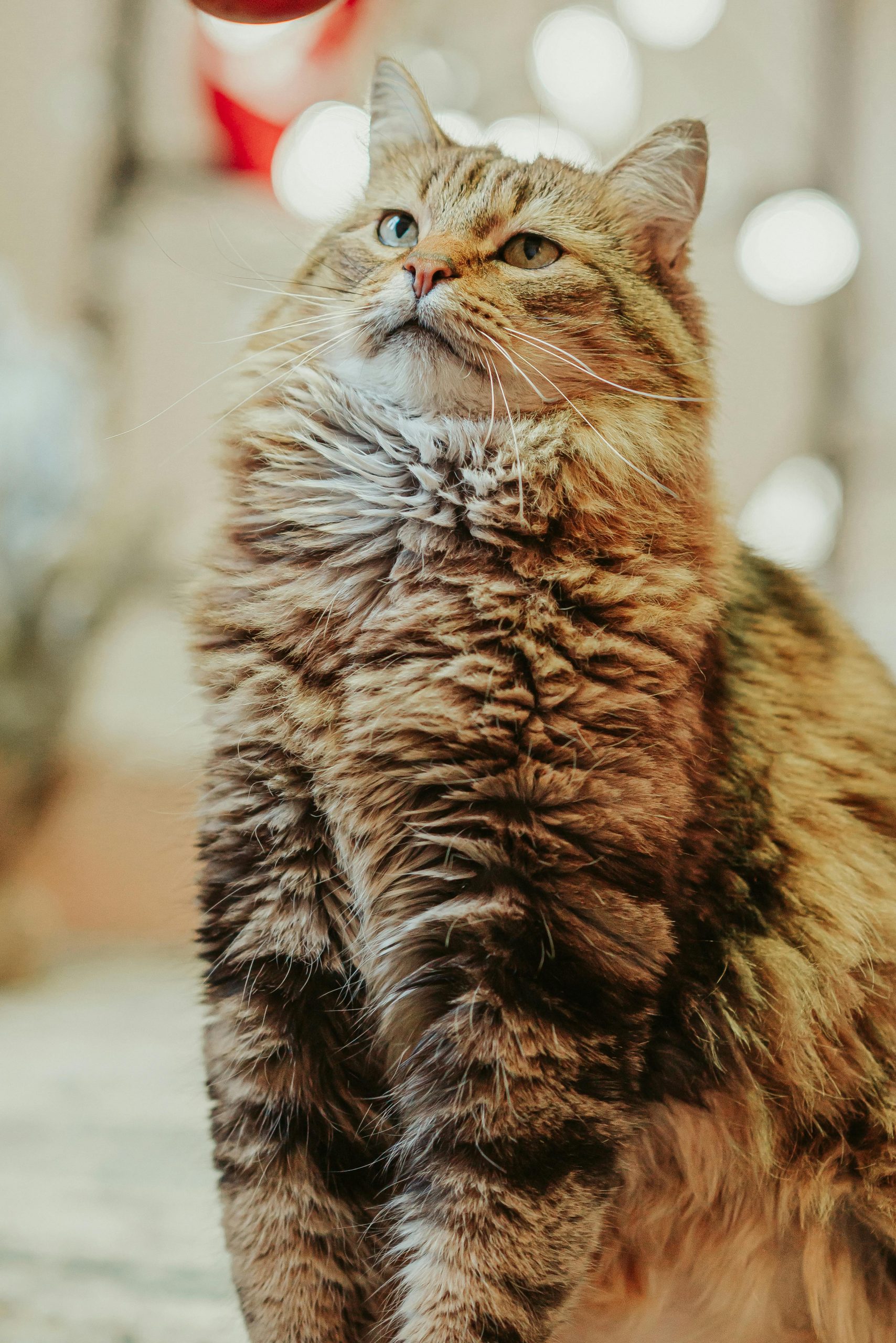Large cats are majestic and captivating companions, but their size can make them susceptible to specific health issues. This guide will help you understand common health problems in large cats and how to prevent them to ensure your feline friend stays healthy and happy.
Common Health Issues in Large Cats
- Obesity
- Symptoms: Weight gain, difficulty moving, and lethargy.
- Prevention: Maintain a balanced diet, provide portion control, and ensure regular exercise.
- Diabetes
- Symptoms: Increased thirst, frequent urination, weight loss despite a good appetite.
- Prevention: Keep your cat at a healthy weight, feed a low-carb diet, and monitor blood glucose levels if necessary.
- Arthritis
- Symptoms: Stiffness, limping, reluctance to jump or climb.
- Prevention: Maintain a healthy weight, provide joint supplements, and ensure regular, gentle exercise.
- Heart Disease
- Symptoms: Coughing, difficulty breathing, lethargy, and fainting.
- Prevention: Regular vet check-ups, a balanced diet, and medications as prescribed by your vet.
- Hip Dysplasia
- Symptoms: Limping, difficulty rising, reluctance to move.
- Prevention: Maintain a healthy weight, provide joint supplements, and ensure regular exercise without overexertion.
- Urinary Tract Issues
- Symptoms: Straining to urinate, blood in urine, frequent urination.
- Prevention: Provide plenty of fresh water, feed a diet high in moisture, and encourage regular urination.
Creating a Preventive Health Care Routine
- Regular Vet Check-Ups
- Schedule annual or bi-annual visits to monitor your cat’s health and catch any issues early.
- Balanced Diet
- Feed a high-quality diet formulated for large breeds to support overall health.
- Regular Exercise
- Provide consistent, moderate exercise to keep your cat fit and maintain muscle tone without stressing the joints.
- Weight Management
- Monitor your cat’s weight closely and adjust their diet and exercise routine as needed to prevent obesity.
- Joint Supplements
- Consider supplements such as glucosamine and chondroitin to support joint health.
- Dental Care
- Regular brushing and dental treats can prevent dental issues that might lead to other health problems.
Conclusion
Caring for a large cat requires attention to their unique health needs. By understanding common health issues and implementing preventive measures, you can ensure your large cat enjoys a healthy, active life. For more tips and advice on pet care, visit our Pet Care Guides section and join our community of pet lovers!

